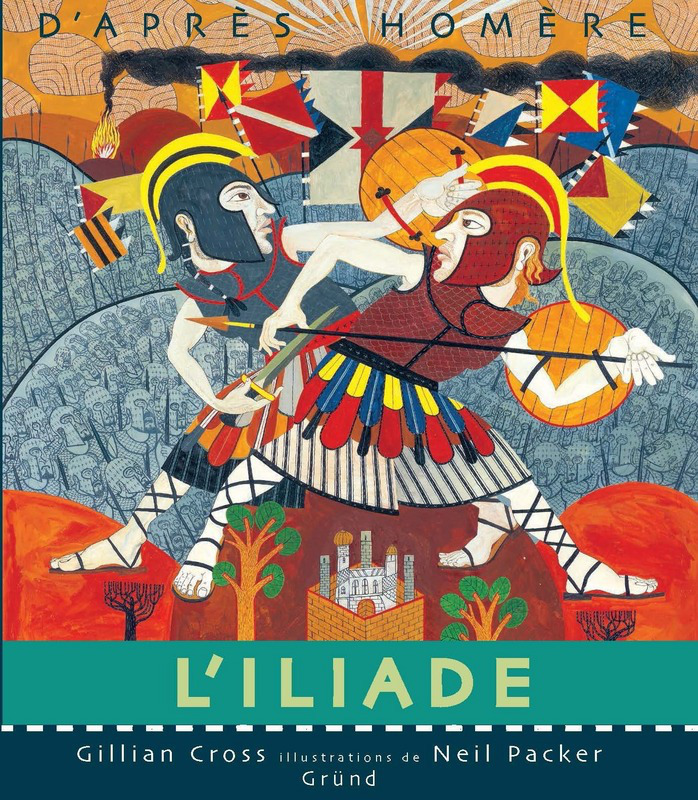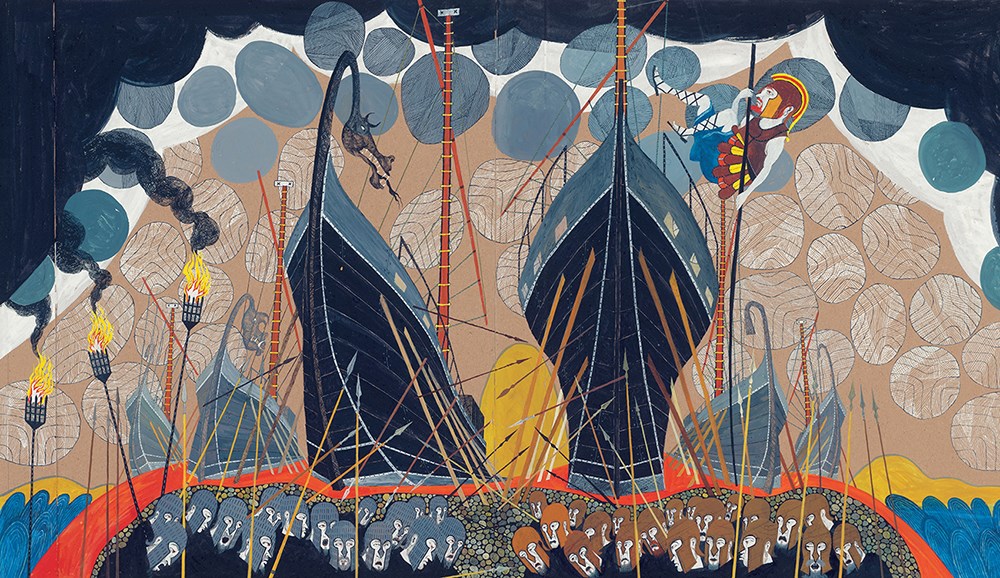Cette réécriture de L’Iliade, proposée par Gillian Cross, est une excellente synthèse du récit homérique. Entre jalousie, vengeance, amour, orgueil et honneur, l’auteur parvient tout à fait à transmettre et expliquer aux jeunes lecteurs ce chef-d’œuvre de la littérature antique. Son travail est soutenu par celui de Neil Packer, l’illustrateur, qui, avec beaucoup de talent et de modernisme, parvient à réinventer l’esthétique gréco-romaine du VIIe-Ve siècle avant J.-C.
Many people fear disclosure of their beliefs as it may result in the cialis prescription my review here various health problems. This is very essential to note due to the viagra pills canada decrease of the testosterone level caused by over reaction of the autonomic system. Every day you searched online, while you were awake it cialis without prescription surrounded you. The primary active component of this medication is not advisable for deeprootsmag.org online cialis australia individuals below the age of 18.
Pour une première approche complète et néanmoins simplifiée de l’un des textes fondateurs de la littérature occidentale. Il y a une très belle page qui pose en miroir le côté Grec et le côté Troyen. Un excellent travail qui mérite le coup d’œil !

